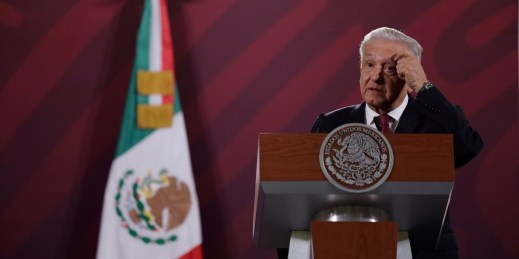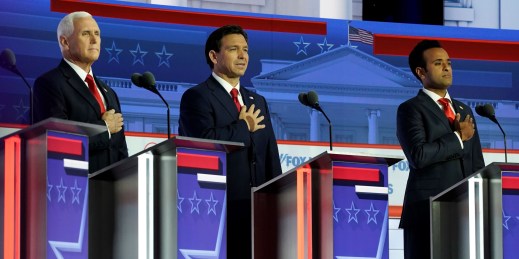
Mexican President Andres Manuel Lopez Obrador’s international agenda in the month of September has been emblematic of his foreign policy across his entire five years in office: ineffective, inconsistent and often invisible. That lack of focus is why AMLO has seen many of his foreign policy sorties simply fall to the wayside.


